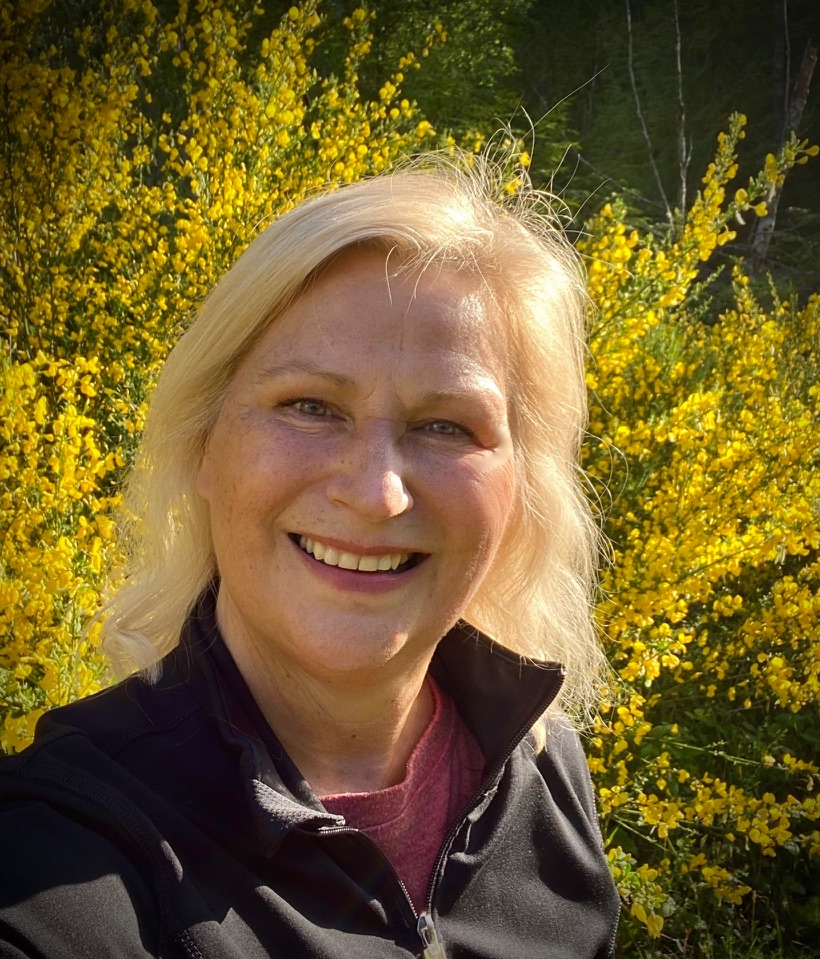As anyone in recovery, books are a go-to source of help and healing. When I learned about CPTSD and my poster child status, I headed for Dr. Google to find some clarity and to do some home study. I was not encouraged by the results of my “CPTSD book” search; “Did you mean PTSD?” Google apparently needs therapy worse than I do. Instead, I turned to Dr. Amazon in my search to find the holy grail of books that would instantly cure me. Here are some of the books I rejected and my thoughts as I did so.
- Trauma Resolution Made Easy: Really? Easy? All this hard work and emotional exhaustion is not required? Sign me up.
- 3 Steps to Healing: Make sure to read the fine print where each step lasts 10 years. A more honest one would be “30 Years to Healing” but of course, that doesn’t really sound like a best seller.
- Emotional Healing in Minutes: Really? In minutes? Wow, all the money I’ve wasted on therapy.
- How to Stop An Emotional Flashback: Now this is one I actually want. No one told me I could stop them from happening. No need to ground myself anymore. Yippee.
- Unf#ck Your Brain. Someone took their angry pills before they wrote a book. No thank you. I have enough anger to fill a library so no space for someone else’s.
- What Happened to You? I don’t know. That’s why I need a book. Thanks for nothing. But, it was co-written by Oprah Winfrey so it must be good?
After rejecting libraries full of books, I found two reliable sources of information: the CPTSD Foundation (including all of you wonderful people) and a trauma therapist. I learned that shopping for healing books is a bit like going to a grocery store when you’re hungry. Everything looks good and what you come home with is usually over your budget and probably not as healthy as you intended. Here are a few tidbits I learned on my journey:
- Check with others (right here on this site!) about their favourites.
Pretty soon, you’ll start seeing the same titles and authors come up time and again. The top authors/bloggers I hear are Pete Walker, Peter Levine and the Crappy Childhood Fairy.
- Don’t try to eat the whole thing.
Just because you put it on your plate, doesn’t mean that you must eat all of it. Pete Walker wrote his book on complex PTSD in such a way that you can pick through the table of contents and read where you are at the time. I loved this and felt like I had permission to break reading rules. Now I do this with all my books.
- It’s ok to eat dessert first.
Yup, sometimes I just go to the back of the book to decide if I want to eat the meal at all. If the message is something that resonates with me, I’ll go back for the whole meal.
- Don’t forget to fast.
Ever waaaay overeat on Thanksgiving Day and lay on the couch hoping the glutton gods will save you before your stomach implodes? That’s your brain after too many helpings of helping. Time for a brain break. My favourite remedy is a comedy because laughing just seems to cleanse my brain-palate and leave me fresh to start again. Two comedians that never fail my funny bone are Michael McIntyre and Sarah Millican. Both are British comedians and Sarah can be a bit dirty, but in a very girly way that is downright hilarious.
Whichever books help you; I suggest you keep them around. It’s funny how one book may mean nothing to you, but one year later, it is your everything. Happy reading and share with us what your favourite go-to books are!
Guest Post Disclaimer: Any and all information shared in this guest blog post is intended for educational and informational purposes only. Nothing in this blog post, nor any content on CPTSDfoundation.org, is a supplement for or supersedes the relationship and direction of your medical or mental health providers. Thoughts, ideas, or opinions expressed by the writer of this guest blog do not necessarily reflect those of CPTSD Foundation. For more information, see our Privacy Policy and Full Disclaimer.

Belinda lives on beautiful Vancouver Island where she fills her need for nature with hiking, horses, ocean, and any furry critters she can find. She is completing her post-grad certificate in Addictions and Mental Health Counselling and looks forward to helping others as she has been helped. As a third-generation survivor of trauma, she comes from a long line of crazy but strong women who have somehow succeeded in making lives that don’t completely suck.





The new Oprah book is amazing.
Awesome!
What is it called and would you il mind giving a short summary of it? She’s wonderful😀
I often joke about writing a self-help book called Personal Transformation Through Lots of Hard Work. At least it’d be truth in advertising.
The best by any standard is “The Body Keeps The Score,” by the c-ptsd pioneer Bessel Van Der Kolk.